Hotel front desk software describes any software designed to assist with front office tasks. This includes several different types of software, including property management systems and point-of-sale systems. In this article, you can explore these software types in greater depth, learn about key features, and understand the key benefits.
Table of Contents:
- How is the Hotel Industry Defined?
- What is the Front Office Department?
- The Importance of the Front Office in a Hotel
- What is Hotel Front Desk Software?
- 4 Benefits of Using Hotel Front Desk Software
- 4 Key Features of Hotel Front Desk Software
- 5 Hotel Front Desk Software Solution Examples
- Investing in Hotel Front Desk Technology
How is the Hotel Industry Defined?
Before fully exploring the features and benefits of using hotel front desk software, it is important to clarify how the hotel industry is defined. Most accepted definitions state that the hotel industry is the industry surrounding the provision of temporary, short-term overnight guest accommodation for paying customers. However, it is broader than its name may suggest, with a hotel meaning any accommodation that fits this basic definition.
In other words, the hotel industry not only includes conventional hotels, but also similar businesses, such as motels, holiday cottages, serviced apartments, boatels, inns, B&Bs, hostels, and more.
The “Hotel Industry: Everything You Need to Know About Hotels” goes into greater detail, providing a comprehensive definition of the hotel industry and outlining key marketing strategies, technology trends, and more.
What is the Front Office Department?
The front office department of a hotel is the department that is primarily responsible for handling room reservations, room assignment activities, guest check-ins and check-outs, and other similar activities. Not only is it a department that is in direct contact with customers regularly, it is also the first point of contact for most guests.
Some of the other key functions of the front office or hotel front desk include managing guest records, updating and monitoring the status of rooms, liaising with hotel maintenance and housekeeping staff, and providing guest services. The sheer range of responsibilities makes using hotel front desk software highly beneficial to staff.
For a typical guest journey, hotel guests will likely have online and offline interactions with the front office. These interactions will occur throughout the journey, including pre-arrival, immediately upon arrival, during the stay, as the guest leaves, and even after they leave the property.
Video: Front Desk Receptionist Duties | Hotel Training | Front Desk Clerk
The Importance of the Front Office in a Hotel
As the main point of contact for guests and the first major point of contact upon arrival, the front office is one of the most crucial parts of a hotel business. In many ways, staff working on the front desk are seen as the embodiment of the hotel, and many guests will form their first impressions based on their interactions with these employees.
In addition to being highly visible to guests, the front office takes on some of the most critical tasks for successful hotel operations, including reservations and room allocation. These tasks’ varied nature and importance make hotel front desk software a sensible investment, assisting with speed and accuracy.
What is Hotel Front Desk Software?
Hotel front desk software is a catch-all term for any software solution or system intended to assist with front office operations. Some front desk software is comprehensive, covering multiple aspects of front office work, while other solutions are focused on more specific tasks or responsibilities.
Generally speaking, hotel front desk software is intended to help employees manage data, access information quickly, improve productivity, and boost accuracy. Using software can help streamline many tasks, and modern solutions often have a strong automation component, allowing some tasks to be performed with minimal human involvement.
4 Benefits of Using Hotel Front Desk Software
Hotel front desk software is beneficial for a number of reasons. In the following sections, you will learn about four of the most important benefits of acquiring software of this type.
1. Increase Efficiency
One of the biggest plus points associated with hotel front desk software is improved efficiency. Many software solutions in this category allow even complex tasks to be carried out effortlessly in seconds. Some key tasks can even be partially or fully automated, reducing or eliminating the need for human involvement.
All of this means your front office staff can save considerable time and effort, while responding to the needs of your guests swiftly. When tasks can be carried out from an easy-to-use application in a few clicks, your front desk can provide a more efficient customer experience, resolve issues promptly, and minimize waiting times.
2. Improved Data Storage
Another major benefit of using hotel front desk software is data centralization. Not only does this ensure that everyone knows where to look for the information they need, it also means they can quickly find what they are looking for and then put it to use as soon as possible.
Data can be shared throughout the hotel, and the information can be updated in real time, ensuring that staff always work with accurate figures. Modern, cloud-based solutions also allow data to be accessed on a wide range of devices, including smartphones and tablets, even if employees are outside of the hotel at the time.
3. Report Analysis
A key component of effective hotel management involves not only creating reports, but analyzing those reports. This allows a hotel to fully understand areas of progress, areas of regression, and the current status of the business. Reporting and report analysis is also important for securing hotel financing and providing updates to stakeholders.
Hotel front desk software can improve almost all aspects of reporting and analysis, from the creation of reports, to the examination of data and the extraction of key findings. Whether you want to create revenue charts, break down business performance, or explore vast amounts of data to identify key trends, front desk software can help.
4. Reduce Errors & Costs
Many of the tasks the front office is responsible for always require accuracy. Manually performing complex calculations or entering important data into a system is prone to human error. Not only can this create confusion within a hotel, it can also potentially lead to unexpected costs and even legal problems.
Hotel technology can go a long way to reducing human error, with hotel front desk software being one of the best examples. For instance, a good revenue management system can automatically calculate the ideal room rate. In contrast, a good point-of-sale system can automatically keep data up-to-date as transactions occur.
4 Key Features of Hotel Front Desk Software
In the following sections, you can find out about four key features that hotel front desk software should offer.
1. Customer Profile Creation
Modern hotel guests want to be treated as individuals, and not as generic customers, so your offering must be tailored to each person. Achieving this requires you to collect valuable customer data and keep this organized, which is why it is so important for hotel front desk software to allow the creation of guest profiles.
Once guest profiles have been created, hotels can collect and store information on each individual’s preferences, requested services, and interactions with hotel staff. This then makes it much easier to understand your guests’ different needs and adjust your offering so that you meet and exceed their expectations.
2. Hotel Task Management
All hotel departments require the ability to manage tasks effectively, especially for the hotel front desk. Investing in hotel front desk software with a strong task management offering is essential.
Some features you should expect here include the ability to allocate specific tasks to individuals, reallocate tasks after they have been allocated, and the option for staff members to provide status updates. Good task management functionality lets you know what needs to be done and the current status of each task.
3. Communication and Requests
Communication is at the core of any successful hotel, so any good hotel owner will invest sufficiently in solutions that make communication easier. Hotel front desk software is a great example of a solution that assists with this, as it can allow messages, instructions, reports, and status updates to be sent between staff.
Many front desk software packages also help the front office communicate with guests more effectively. At the same time, there may be a need to send requests, such as requests for payment, or requests for certain actions to be followed. The software can help with this and even automate many of these requests.
4. Guest Check-In Functionality
For front office staff, checking in guests is a major responsibility, and it is vital to invest in hotel front desk software that allows for swift, easy, and hassle-free check-ins.
Some of the best software options can potentially help to facilitate conventional checking-in processes, as well as self-service check-ins and contactless check-ins. Crucially, high-quality software will also allow staff to carry out check-in procedures quickly, which then helps to minimize friction and optimize first impressions.
5 Hotel Front Desk Software Solution Examples
As previously stated, hotel front desk software can take many different forms. In the sections below, you will learn about five of the most important front desk software types on the market.
1. Property Management System (PMS)
A property management system, or PMS for short, is an example of hotel front desk software, but can be regarded as a compressive, all-in-one solution for managing a hotel. It allows users to manage or carry out tasks related to sales, marketing, revenue management, front office operations, housekeeping duties, and much more.
In the “5 Essential Tips to Choose the Right Property Management System” article, not only can you learn more about what a PMS is, you will also be able to access advice for selecting the best solution for your needs.
2. Revenue Management System (RMS)
A revenue management system is a tool that allows hotels to analyze data, intelligently anticipate levels of demand, and adjust rates to maximize revenue. It is one of the main examples of hotel front desk software, assisting with pricing strategies and distribution to increase revenue generation, profit, and your hotel budget.
In the “Revenue Management System (RMS): What Are the Advantages?” article, you can learn how revenue management systems work and understand the benefits for a modern hotel owner looking to maximize profits.
3. Channel Management System (CMS)
A channel management system is used to manage and optimize your distribution strategy. It allows you to automate many tasks associated with updating pricing and availability across multiple channels, such as online travel agencies, hotel metasearch engines, and your own hotel website.
A good channel manager will be able to connect with your property management system and booking engine, so that information about availability and room rates is updated for all platforms in real time. Channel management software can prevent issues like double bookings and will ensure you maximize demand for your hotel rooms.
4. Housekeeping Software
Housekeeping software is a crucial investment for modern hotels, allowing housekeeping duties to be properly managed. This means identifying the rooms that need to be cleaned, or the items that need to be replenished, creating a list of necessary tasks, allocating tasks to specific employees, and receiving status updates in real time.
Often, housekeeping software allows for wider management of the housekeeping team, such as managing your employee schedule and payroll information. Housekeeping solutions help to improve communication not only within the department itself, but also with other teams, such as sales, marketing, and maintenance staff.
5. Point-of-Sale System (POS)
A point-of-sale system, or POS system, is a solution that allows you to process payments. It typically facilitates multiple payment options, allowing users to check important information, such as stock levels and pricing data. A POS system can also connect with hotel marketing, sales, and distribution data.
In the “POS Systems: Overview and Importance in the Hospitality Industry” article, you can learn more about how point-of-sale systems function and how they can assist with hotel operations and the guest experience. In the process, you will also gain a clearer sense of their value as a form of hotel front desk software.
Video: Key Features of a Point of Sale System
Investing in Hotel Front Desk Technology
Aside from investing in the right hotel front desk software, other technology solutions can improve front-office operations. Examples include self-service technology, AI-powered hotel chatbots, and dedicated mobile apps. Sometimes, hotel front desks even deploy robots to carry out key tasks.
In the “Front Office Technology: The Latest Tech for the Reception Department” article, you can learn more about the various technology solutions available and how they contribute to front offices worldwide.
Hotel Front Desk Software FAQs
The hotel front office is the face of your business and the first point of contact for guests, so it is important to provide tools to ensure the department functions optimally. With the right hotel front desk software, you can boost efficiency, improve data management, enhance communication, and ensure your team is firing on all cylinders.
More Tips to Grow Your Business
Revfine.com is the leading knowledge platform for the hospitality and travel industry. Professionals use our insights, strategies, and actionable tips to get inspired, optimize revenue, innovate processes, and improve customer experience.Explore expert advice on management, marketing, revenue management, operations, software, and technology in our dedicated Hotel, Hospitality, and Travel & Tourism categories.
This article is written by:
Hi, I am Martijn Barten, founder of Revfine.com. With 20 years of experience in the hospitality industry, I specialize in optimizing revenue by combining revenue management with marketing strategies. I have successfully developed, implemented, and managed revenue management and marketing strategies for individual properties and multi-property portfolios.

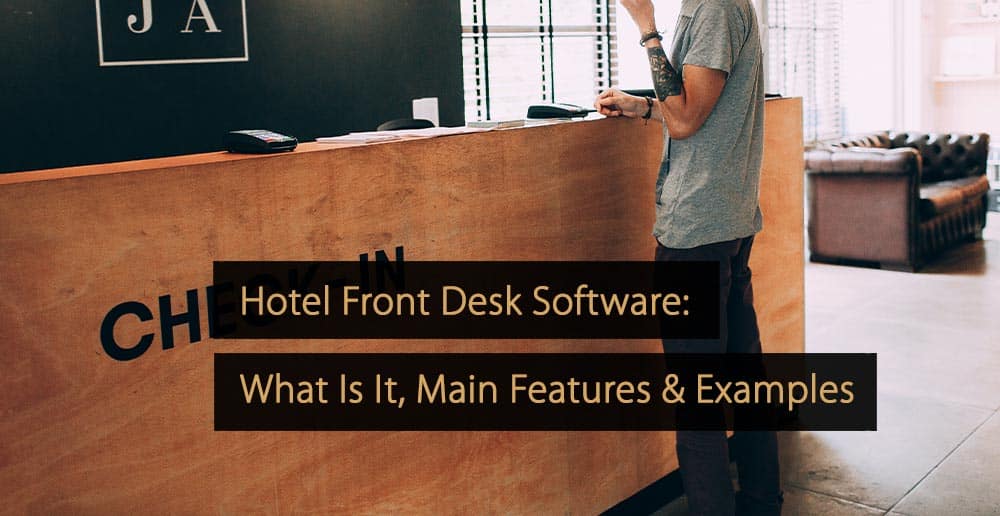


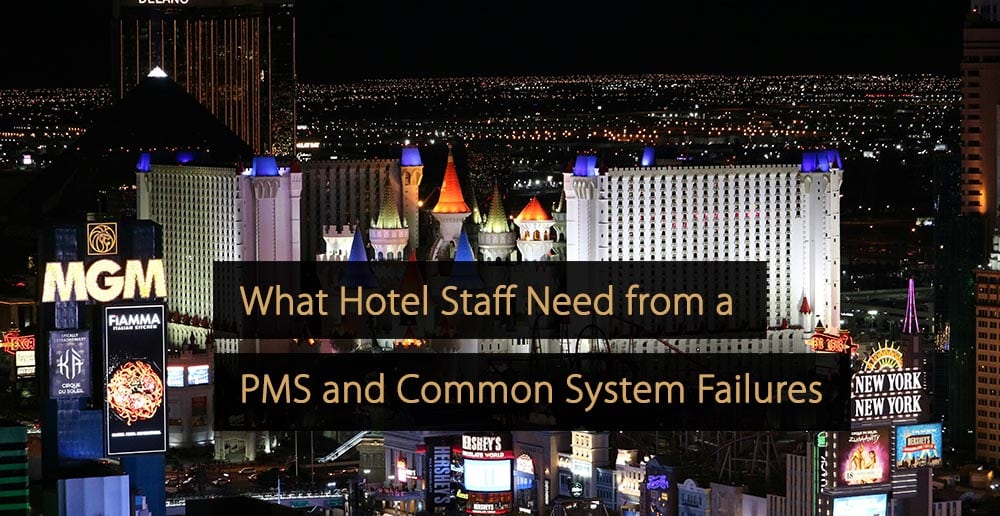


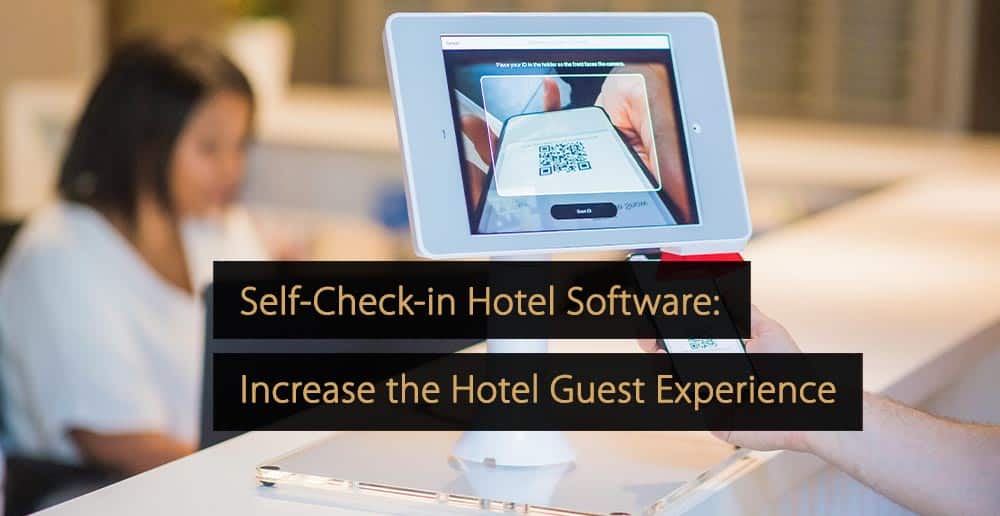
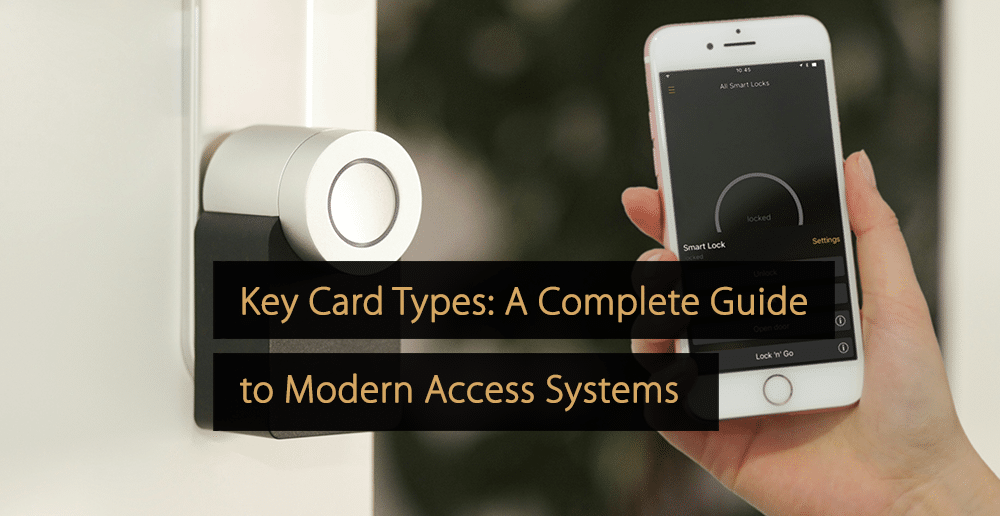
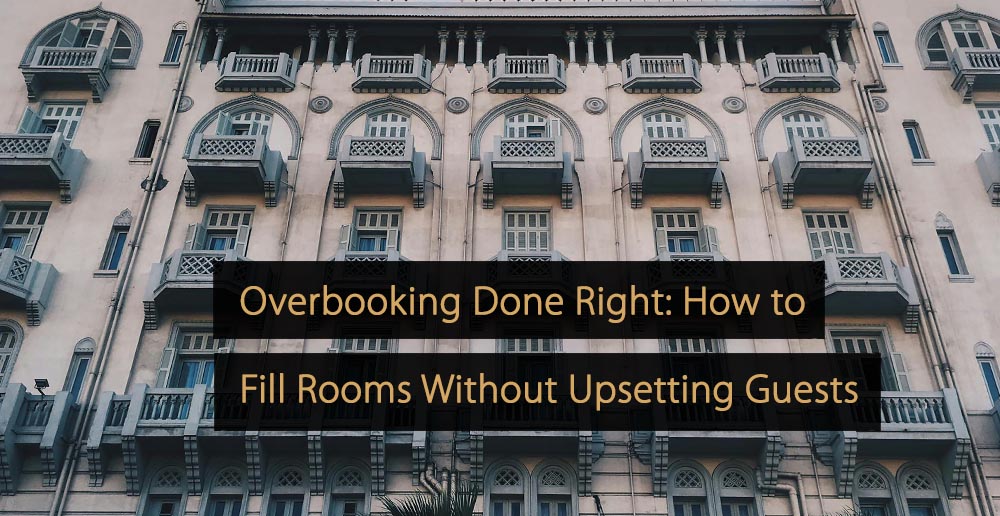
Leave A Comment